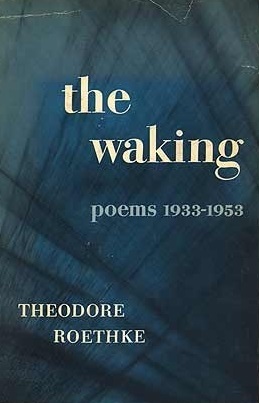What do you think?
Rate this book


120 pages, Hardcover
First published January 1, 1953
Give Way, Ye Gates
1
Believe me, knot of gristle, I bleed like a tree;
I dream of nothing but boards;
I could love a duck.
Such music in a skin!
A bird sings in the bush of your bones.
Tufty, the water's loose.
Bring me a finger. This dirt's lonesome for grass.
Are the rats dancing? The cats are.
And you, cat after great milk and vasty fishes,
A moon loosened from a stag's eye,
Twiced me nicely, --
In the green of my sleep,
In the green.
2.
Mother of blue and the many changes of hay,
This tail hates a flat path.
I've let my nose out;
I could melt down a stone, --
How is it with the long birds?
May I look too, loved eye?
It's a wink beyond the world.
In the slow rain, who's afraid?
We're king and queen of the right ground.
I'll risk the winter for you.
You tree beginning to know,
You whisper of kidneys,
We'll swinge the instant! --
With jots and jogs and cinders on the floor:
The sea will be there, the great squashy shadows,
Biting themselves perhaps;
The shrillest frogs;
And the ghost of some great howl
Dead in a wall.
In the high-noon of thighs,
In the springtime of stones,
We'll stretch with the great stems.
We'll be at the business of what might be
Looking toward what we are.
3
You child with a beast's heart,
Make me a bird or a bear!
I've played with the fishes
Among the unwrinkling ferns
In the wake of a ship of wind;
But now the instant ages,
And my thought hunts another body.
I'm sad with the little owls.
4
Touch and arouse. Suck and sob. Curse and mourn.
It's a cold scrape in a low place.
The dead crow dries on a pole.
Shapes in the shade
Watch.
The mouth asks. The hand takes.
These wings are from the wrong nest.
Who stands in a hole
Never spills.
I hear the clap of an old wind.
The cold knows when to come.
What beats in me
I still bear.
The deep stream remembers:
Once I was a pond.
What slides away
Provides.